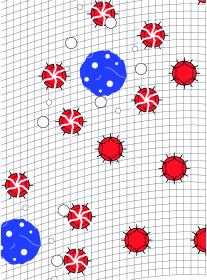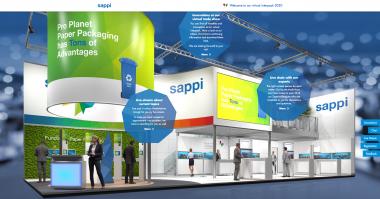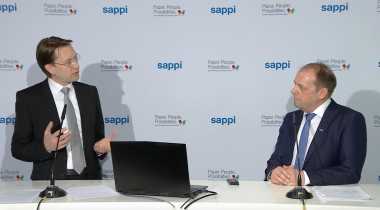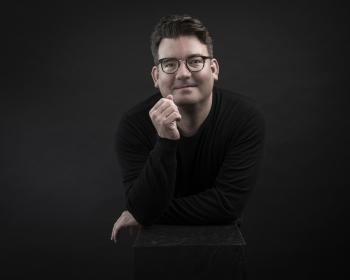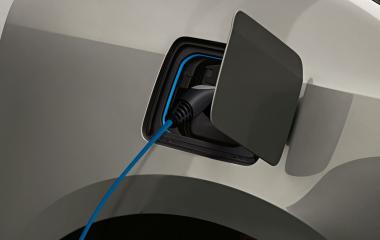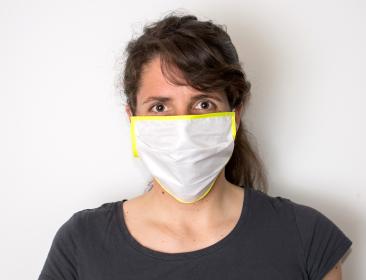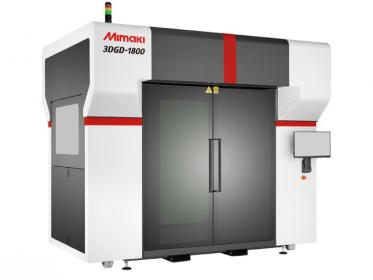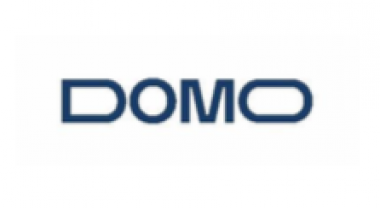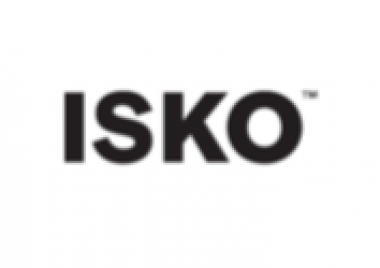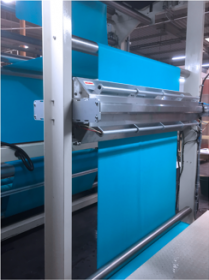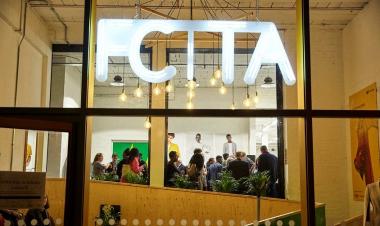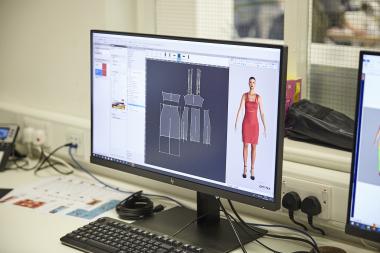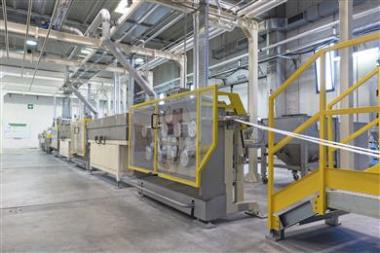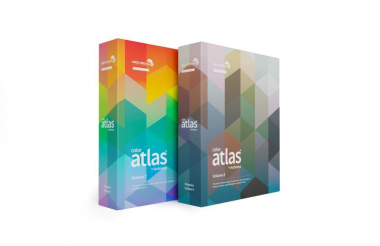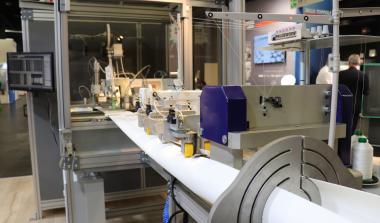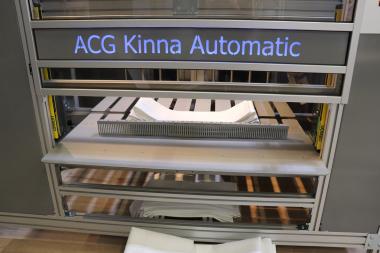Finally: the fast-acting, all-in-one, highly durable antibacterial and antiviral solution for textiles: RUCO®-BAC AGP.
- RUDOLF GROUP is thrilled to unveil the perfected antiviral features embedded in RUCO®-BAC AGP, the Company’s flagship antimicrobial product for textile applications.
As a consequence of COVID-19 global pandemic the demand for chemical auxiliaries with antimicrobial effect has boomed. RUDOLF GROUP invested important resources in the meticulous assessment of a new antiviral feature which is now added to one of their leading technologies .
Such an effort returned the surprisingly fast and most comprehensive antibacterial and antiviral textile finishing on the market: RUCO®-BAC AGP.
History has led to great vision and innovation
The powerful antimicrobial effectiveness of RUCO®-BAC AGP is rooted in the extraordinary properties of silver, whose antimicrobial magic is lost in the mists of time. Already known by the ancient Romans, Greeks and Egyptians, water and milk were preserved by using silver coins through the early modern age.
R&D at RUDOLF GROUP has mounted silver on highly sophisticated, functional and registered microstructures that strengthen and amplify the qualities of this noble metal.
RUDOLF’s proprietary microstructures are the responsible hidden secret and key technical breakthrough behind both efficacy and durability of RUCO®-BAC AGP. This innovation is now the preferred solution to help reducing proliferation and cross-contamination of bacteria and enveloped-virus on textiles.
One gram of microstructures has the astonishing superficial area of about 60 m². The advantage of a much higher surface is that the consumption of resources and dosages can be minimized by the factor 100 and that makes RUCO®-BAC AGP a highly conscious choice.
“Due to the microstructures, a virtually infinite protective shield is created in the textile from which highly effective positive silver ions are set free in small, exactly dosed quantities” says Dr. Dirk Sielemann, R&D Director at Rudolf Group.
Taking performance to the next level
RUCO-BAC AGP effectively protects any textile against bacteria (harmful and odour-causing) and its superior antiviral performance on textiles has been independently demonstrated by applying the most modern testing methods. Assessments were carried out on enveloped Coronaviridae families known to cause a broad spectrum of animal and human diseases.
The microstructures in RUCO®-BAC AGP trigger their powerful antibacterial and antiviral effects based on 3 distinctive inhibiting mechanisms:
1. Blocking of oxygen-transporting enzymes therefore leading to impaired growth;
2. Crushing of disulfide bonds and therefore structure of sulphur-containing proteins.
3. Possible interference with Bacteria and virus surface protein in the membrane.
RUCO®-BAC AGP is intended for the protection of the treated textiles and the microstructures of RUCO®-BAC AGP were studied thinking of performance and safety. It is suitable for next-to-skin applications and cytotoxicity tests show that RUCO®-BAC AGP has no influence on the natural microflora of the skin. Furthermore, because of the adhesion mechanism of its microstructures, RUCO®-BAC AGP is only active in/on the textile and it is non-migrating.
“This year 202o is being highly emotional and it’s leading to the widespread introduction of antimicrobials on textile and to a myriad of vague, misleading or unsubstantiated marketing claims”, states Dr. Gunther Duschek, Managing Director at RUDOLF GROUP. He concludes “As a highly responsible company, we move cautiously and stand for technologies and practices that are effective, truthful and limit the exposure of apparel manufacturers, retailers and buyers to any risk”.
EFFE-BI SRL PR & COMMUNICATION


